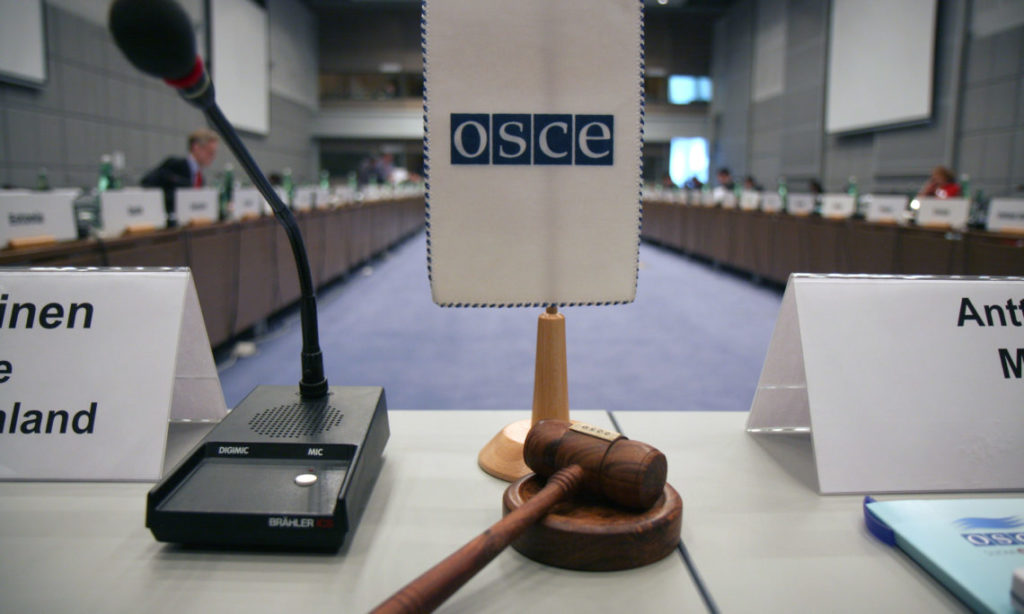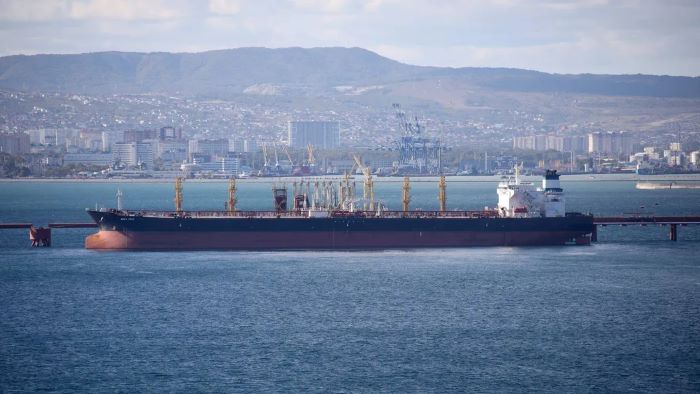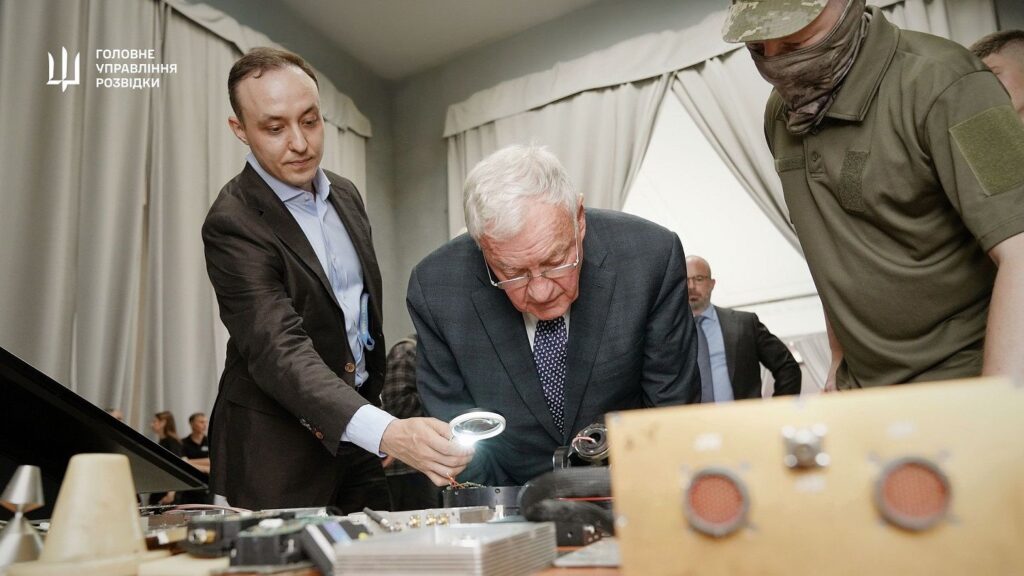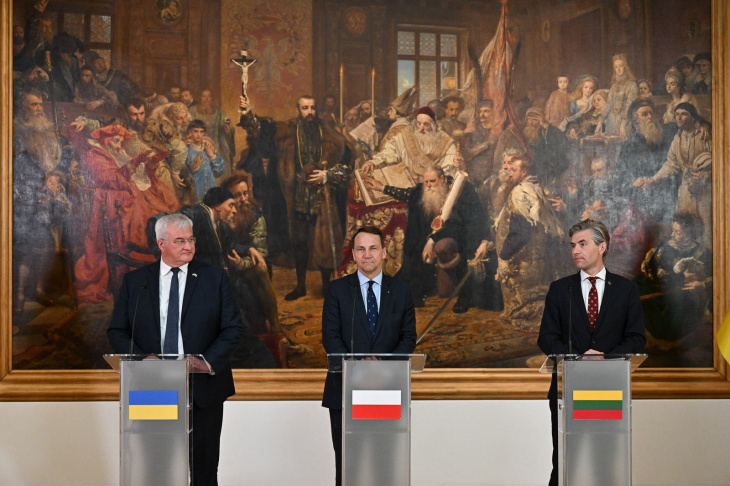“They broke all 10 rules”: Ukraine calls to eject Russia from OSCE

Moscow is blocking the organization’s work, which was supposed to monitor its war crimes in Ukraine. Ukrainian Foreign Minister Andrii Sybiha states that Russia should no longer be a member of the Organization for Security and Cooperation in Europe (OSCE), UkrInform reports.
According to him, Moscow is obstructing the OSCE’s activities because the organization’s mission was to document numerous violations of international law, including Russia’s war crimes.
“A country that has violated all ten fundamental principles of the Helsinki Act should not hold a place in this organization,” Sybiha emphasizes.
What are the Helsinki Act principles?
The Helsinki Act of 1975 is not a legally binding treaty but a political document containing key norms of international law that form the basis of European security. The ten principles include:
- Sovereign equality of states
- Refraining from the threat or use of force
- Inviolability of frontiers
- Territorial integrity of states
- Peaceful settlement of disputes
- Non-intervention in internal affairs
- Respect for human rights and fundamental freedoms
- Equal rights and self-determination of peoples
- Cooperation among states
- Fulfillment of obligations under international law
Russia has systematically violated these principles since annexing Crimea in 2014, conducting the war in Donbas, and, since 2022, waging all-out war. These violations include illegal use of force, breaches of Ukraine’s territorial integrity, interference in internal affairs, and gross human rights abuses, including war crimes.
Ukraine insists on reform
Sybiha reminds that the OSCE was created in very different geopolitical circumstances during the Cold War, but today, Russia has turned the organization into a tool for advancing its own interests.
In 2022, Russia blocked the extension of the mandate of the OSCE Special Monitoring Mission in Ukraine, which had previously operated in Donbas. Since then, the OSCE supports Ukraine through other programs but without a direct presence in combat areas.
“It cannot be that one country blocks the work of the entire organization, which aims to enhance security. Russia is the main cause of instability in Europe,” the minister stresses.
Ukraine insists on reforming the OSCE and expelling the aggressor country from its membership to restore the organization’s trust and effectiveness.


